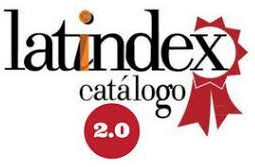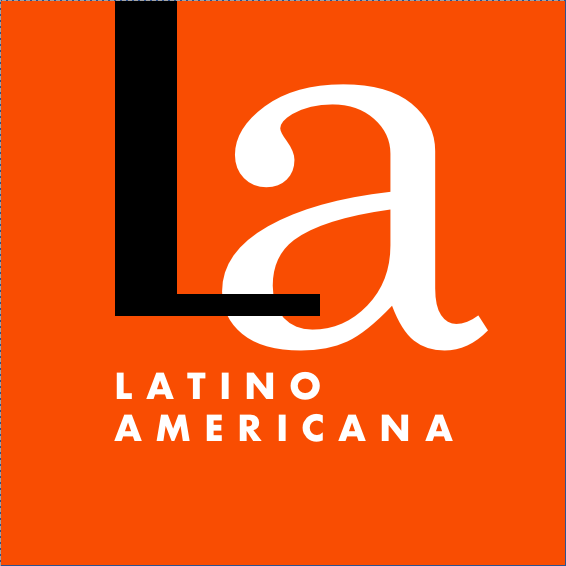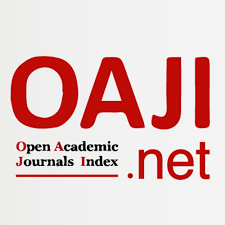Brazilian Germanophiles over the First World War: an initial approach
Abstract
In Brazil, the intellectuals commonly preferred the Allies over the First World War. Despite this open favouritism, some men of letters broke the rules delivering their sympathies towards the German Empire. Currently, little is known about the Brazillian Germanophiles. Therefore, this essay briefly traces who they and their supporters were, how they usually acted, their motivations, and speeches about the war. By studying their texts published in Rio de Janeiro’s papers, it will be argued that one of these intellectuals’ main purposes was to defend German culture from Brazilian aliadophiles’ attacks on the press. It also aims to contribute to the recent historiography about this centenary conflict, showing the intellectuals’ importance to the conflict’s mobilisation and representation. In addition, the current essay provides new elements to the approach of the First World War as a global conflict that engaged people from the belligerent countries as much as societies far from the front.Downloads
References
DE ABRANCHES, D. (1916). Ainda a Black List 1916. Imprensa Nacional.
DE ALMEIDA, J. A. (1915). Em torno de um artigo do Sr. Fernào Brasil. A Tribuna. 22/07/1915.
BECKER, A. (2015). The Great War: World War, total war. International Review of the Red Cross, n. 97.
BOMÍLCAR, A. y de OLIVEIRA, L. (1990). A questão nacional na Primeira República. Brasiliense.
CLARO PIRES, L. (2014). Intelectuais nas trincheiras. Appris.
COELHO CINTRA, M. (1915). A liga pró-aliados e a germanofobia brasileira. A Tribuna, 25/08/1915.
Coisas da Guerra. 20/11/1915. GAZETA DO COMMÉRCIO.
COMPAGNON, O. (2014). O adeus à Europa. Rocco.
DEMOOR, M., POSMAN, S. e VAN DJICK (ed.). (2017). The intellectual response to the First World War. Sussex Academic Press, 2017.
GÉRTZ, R. (1998). Germanismo. GÉRTZ, R. O perigo alemão. Ed. Universidade/UFRGS.
HASSLOCHER, P. G. (1914). Sr. Dr. José Veríssimo. Jornal do Commércio. 15/10/1914.
HORNE, J. (2002). Introduction: mobilizing for ‘total war. HORNE, J. (ed.). State, society and mobilization in Europe during the First World War, Cambridge University Press.
KNOLES, G. (1968). American Intellectuals and World War I. The Pacific Northwest Quarterly, n. 4.
Liga Brasileira Pró-Germânia. 09/05/1916. JORNAL DO BRASIL.
Liga Brasileira Pró-Germânia. 10/07/1915. JORNAL DO COMMÉRCIO.
MUÑOZ, P. (2015). À Luz Do Biológico: Psiquiatria, Neurologia E Eugenia Nas Relações Brasil-Alemanha (1900-1942. Tese de doutorado apresentada à Casa de Oswaldo Cruz – FIOCRUZ. Inédita.
OBERACKER, C. (1988). Os intelectuais brasileiros e a cultura alemã. 1890-1930. Jahrbuch für die Geschichte von Staat, Wirtschaft und Gesellschaft Lateinamerikas, n. 25.
PROCHASSON, C. (2012). Intellectuals and Writers. HORNE, J. (ed.), A Companion to World War I, Wiley-Blackwell.
QUESADA RIVERA, E. (2015). Defendemos a Alemania con el mismo derecho que La Información lo hace con los Aliados: germanofilia durante la Gran Guerra (1914-1918). Revista Reflexiones, n. 1.
RASMUSSEN, A. (2014). Mobilising minds. WINTER, J. (ed.), The Cambridge History of the First World War, v. 3, Cambridge University Press.
RINKE, S. (2017). Neutrality under pressure, 1914-1917. Latin America and the First World War. Cambridge University Press.
RUSS, R. (2019). Persuasive identities: German propaganda in Chile and Argentina during the First World War?. National Identities, n.20.
SA PEREIRA, V. (1915). Tobias Barreto e o germanismo. Jornal do Commércio, 02/05/1915.
STRACHAN, H. (2010). The First World War as a Global War. First World War Studies vol. 1.
TATO, M.I. e GOEBEL, M. (2015). Making sense of the war (Latin America). 1914-1918 Online International Encyclopedia of the First World War, https://encyclopedia.1914-1918-online.net/article/making_sense_of_the_war_latin_america.
TATO, M. I. (2017). Fighting for a lost cause? The germanophile newspaper La Unión in neutral Argentina, 1914-1918. War in History, https://doi.org/10.1177/0968344516682043
TATO, M.I., (2018). Fighting the war from the periphery: Latin America and WWI. Palestra proferida no congresso Tempos de Violência. Fundação Casa de Rui Barbosa, RJ, 20 junho.
TATO, M.I. (2016). The Latin American intellectual field in the face of the First World War: an initial approach. Pla, X., Fuentes, M. y Montero, F. (eds.). A Civil War of Words. The cultural impact of the Great War in Catalonia, Spain, Europe and a glance to Latin America. Peter Lang AG, Internationaler Verlag der Wissenschaften.
WINTER, J. (2014). General introduction. Winter, J. (ed.). The Cambridge History of First World War volume I Global War. Cambridge University Press.
WOHL, R. (1979). The generation of 1914. Harvard University Press.
Copyright (c) 2021 Livia Claro

This work is licensed under a Creative Commons Attribution-NonCommercial 4.0 International License.

Historia & Guerra uses an international license Attribution-NonCommercial 4.0 International (CC BY-NC 4.0).
You are free to:
- Share — copy and redistribute the material in any medium or format.
- Adapt — remix, transform, and build upon the material.
- The licensor cannot revoke these freedoms as long as you follow the license terms..
Under the following terms:
Attribution — You must give appropriate credit, provide a link to the license, and indicate if changes were made. You may do so in any reasonable manner, but not in any way that suggests the licensor endorses you or your use.
NonCommercial — You may not use the material for commercial purposes.
No additional restrictions — You may not apply legal terms or technological measures that legally restrict others from doing anything the license permits.
Notices:
You do not have to comply with the license for elements of the material in the public domain or where your use is permitted by an applicable exception or limitation.
No warranties are given. The license may not give you all of the permissions necessary for your intended use. For example, other rights such as publicity, privacy, or moral rights may limit how you use the material.
The author retains all rights to his work without restriction and grants Historia & Guerra the right to be the first publication of the work. Likewise, the author may establish additional agreements for the non-exclusive distribution of the version of the work published in the Journal (for example, placing it in an institutional repository or publishing it in a book), with the acknowledgment of having been first published in this journal. Use of the work for commercial purposes is not permitted.
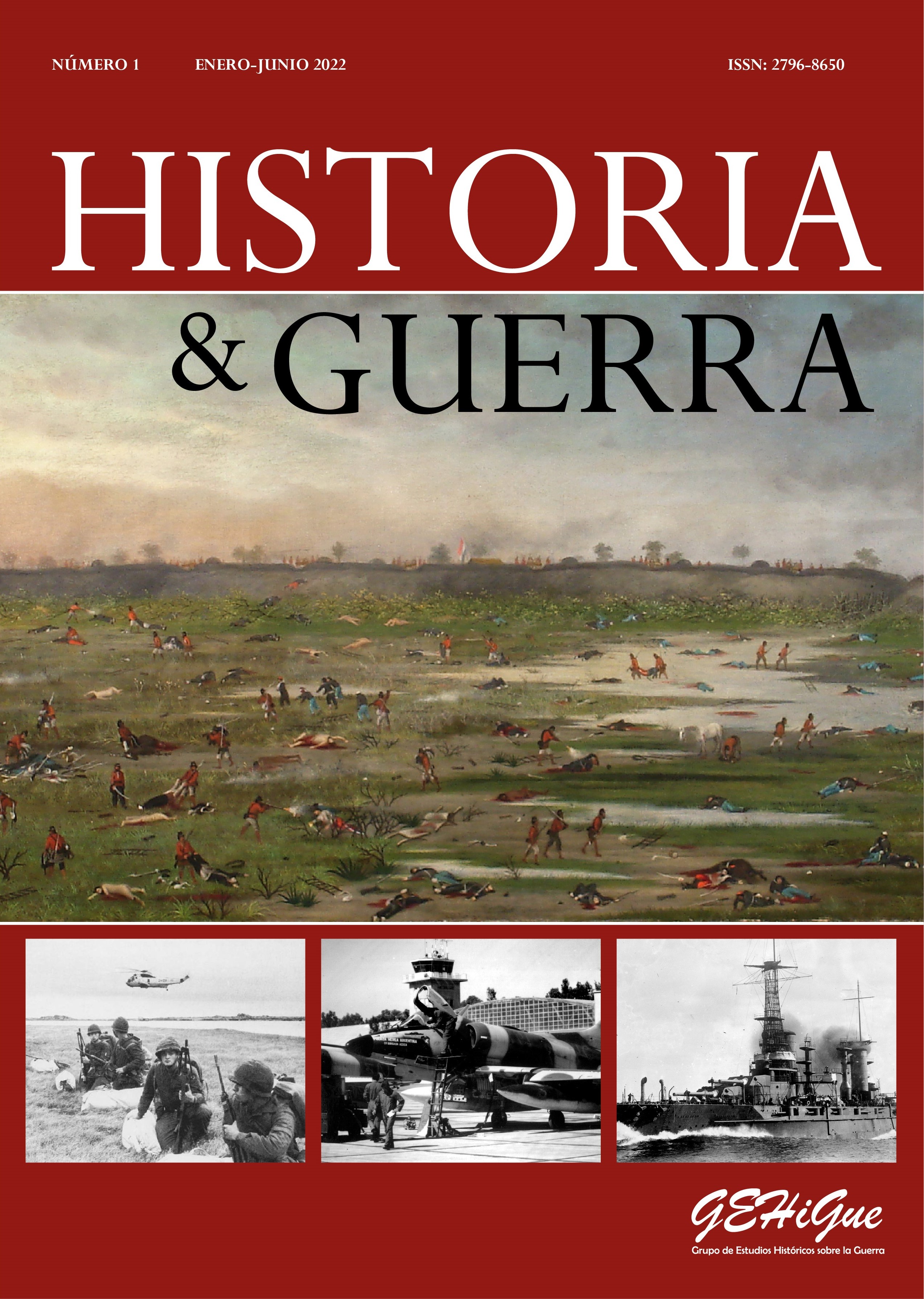

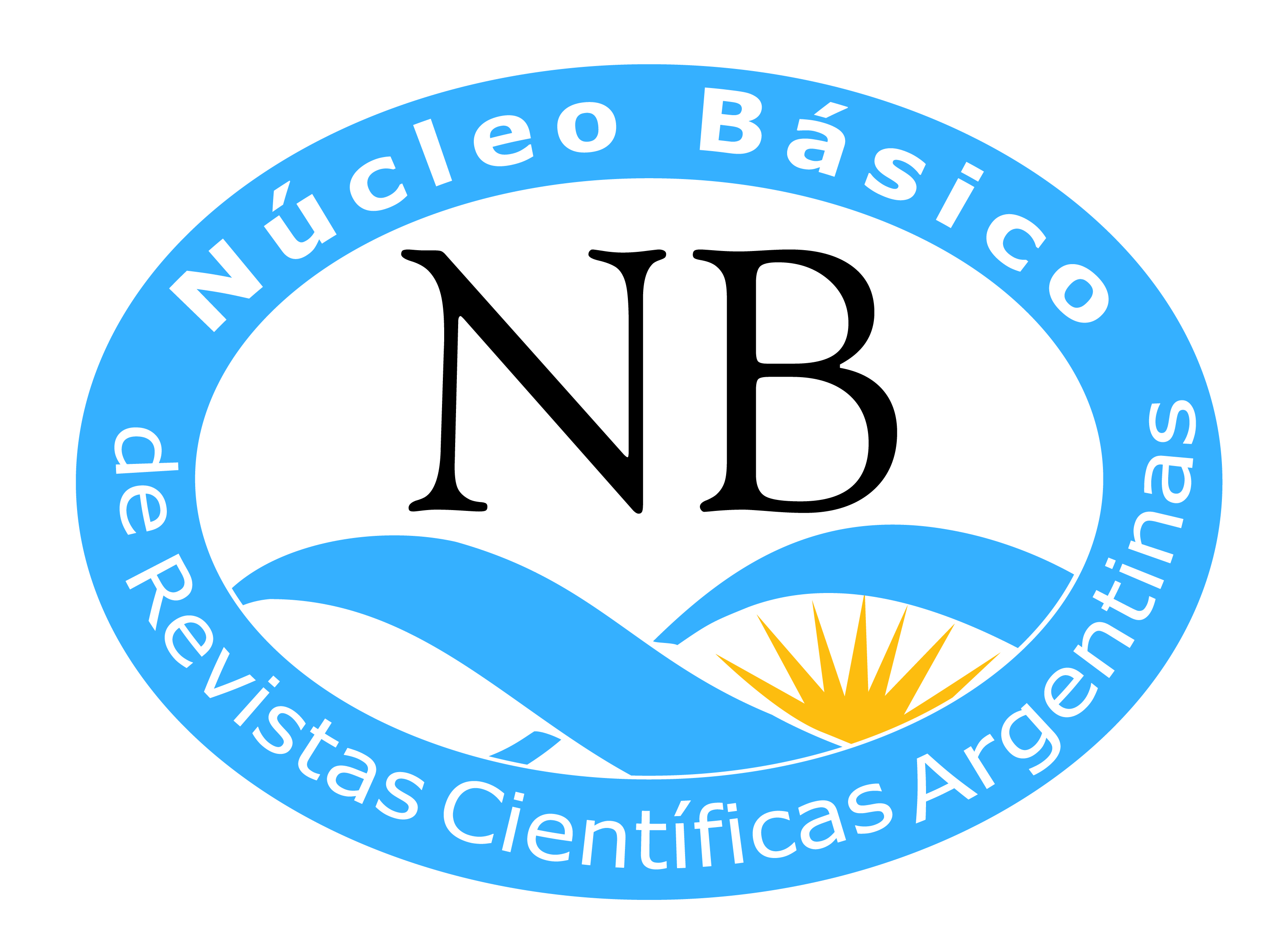




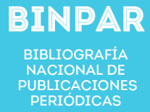






.jpg)


